An interesting way of punishment.
Get the latest international news and world events from around the world.
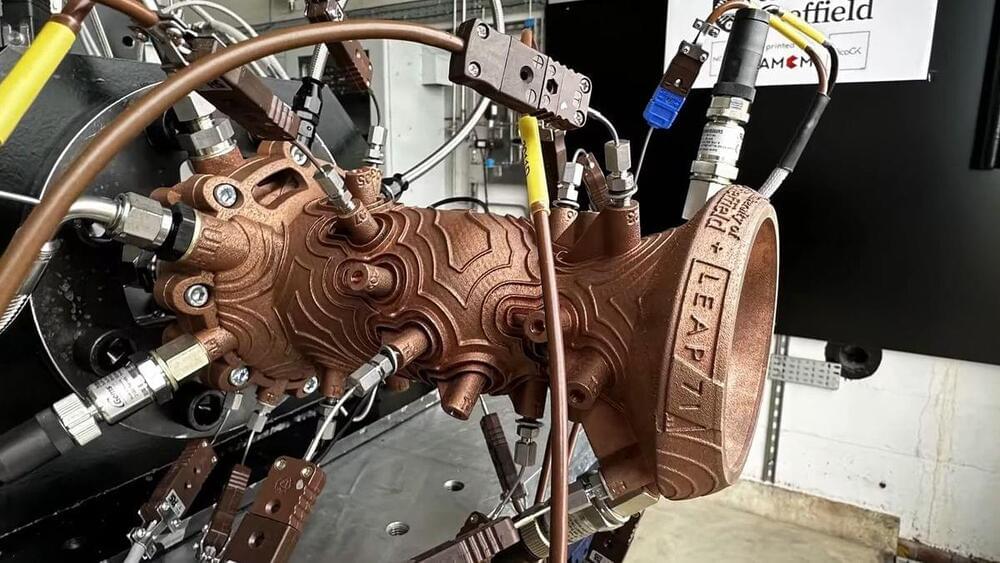
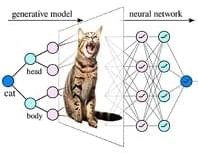
How Deep Neural Networks Learn Compositional Data: The Random Hierarchy Model
Francesco Cagnetta, Leonardo Petrini, Umberto M. Tomasini, Alessandro Favero, and Matthieu Wyart Institute of Physics EPFL, Institute of Electrical Eng.
A hierarchical model of high-dimensional data reveals how deep neural networks leverage their multiple layers to reduce the data dimensionality and learn from a finite set of examples.
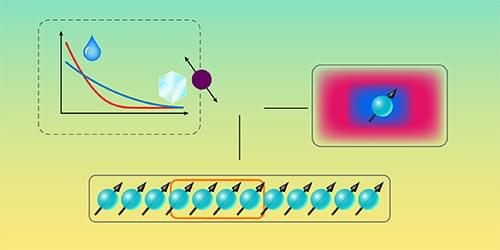
Exploring Quantum Mpemba Effects
In the Mpemba effect, a warm liquid freezes faster than a cold one. Three studies investigate quantum versions of this effect, challenging our understanding of quantum thermodynamics.
Under certain conditions, warm water can freeze faster than cold water. This phenomenon was named the Mpemba effect after Erasto Mpemba, a Tanzanian high schooler who described the effect in the 1960s [1]. The phenomenon has sparked intense debates for more than two millennia and continues to do so [2]. Similar processes, in which a system relaxes to equilibrium more quickly if it is initially further away from equilibrium, are being intensely explored in the microscopic world. Now three research teams provide distinct perspectives on quantum versions of Mpemba-like effects, emphasizing the impact of strong interparticle correlations, minuscule quantum fluctuations, and initial conditions on these relaxation processes [3– 5]. The teams’ findings advance quantum thermodynamics and have potential implications for technologies, ranging from information processors to engines, powered by quantum resources.
In top-down strategies, physicists use observations of macroscopic (classical) phenomena to infer fundamental microscopic (quantum) processes; in bottom-up strategies, they use studies of those fundamental processes to predict classical phenomena. Historically, studies of the Mpemba effect began with empirical observations and ad hoc assumptions about the microscopic world. Despite descriptions of the effect by Aristotle and Descartes, and modern attention from Mpemba, the phenomenon has not influenced the field of thermodynamics. The Mpemba effect is complex, lacks a precise definition, and has reproducibility issues. As a result, experimental observations and explanations have been debated for decades without consensus, making the effect often seem like just a curiosity.
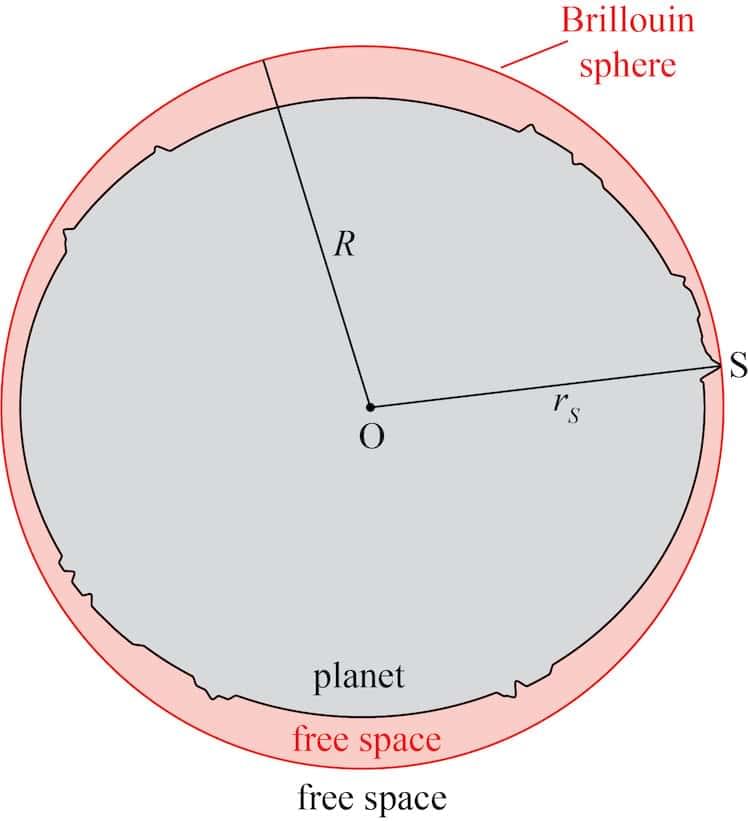
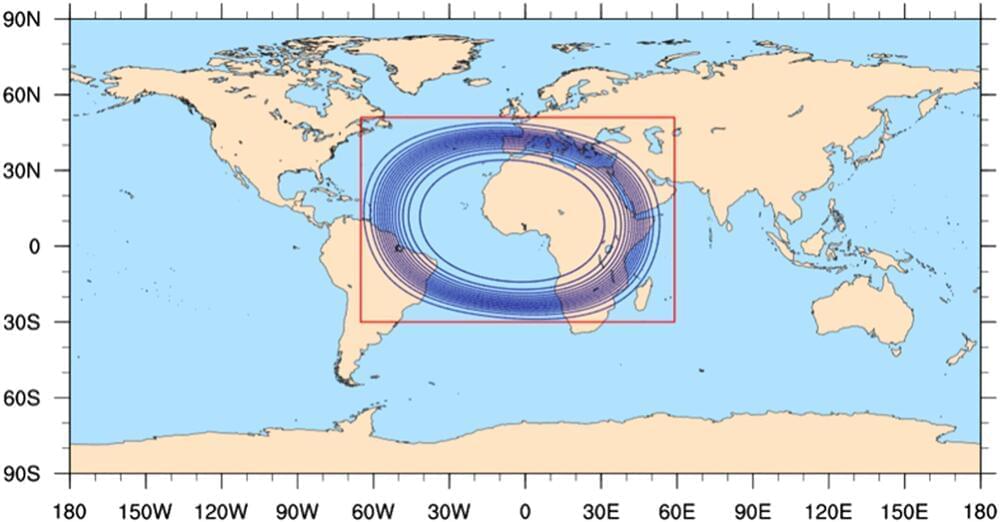
Increased atmospheric moisture may dampen the ‘seeds’ of hurricanes
Increased atmospheric moisture may alter critical weather patterns over Africa, making it more difficult for the predecessors of many Atlantic hurricanes to form, according to a new study published this month. The work is published in the Journal of Advances in Modeling Earth Systems.
The research team, led by scientists from the U.S. National Science Foundation National Center for Atmospheric Research (NSF NCAR), used an innovative model that allows for higher-resolution simulations of hurricane formation than ever before. This allowed researchers to study the effects of increased regional moisture over Africa, which is the birthplace of weather systems that later produce hurricanes over the Atlantic.
Past research has suggested that warmer ocean water and a moister atmosphere could cause hurricanes to become more intense with greater amounts of rainfall. But how atmospheric moisture, which is predicted to increase in a warming climate, may be impacting hurricane formation itself has not been studied in detail until now.
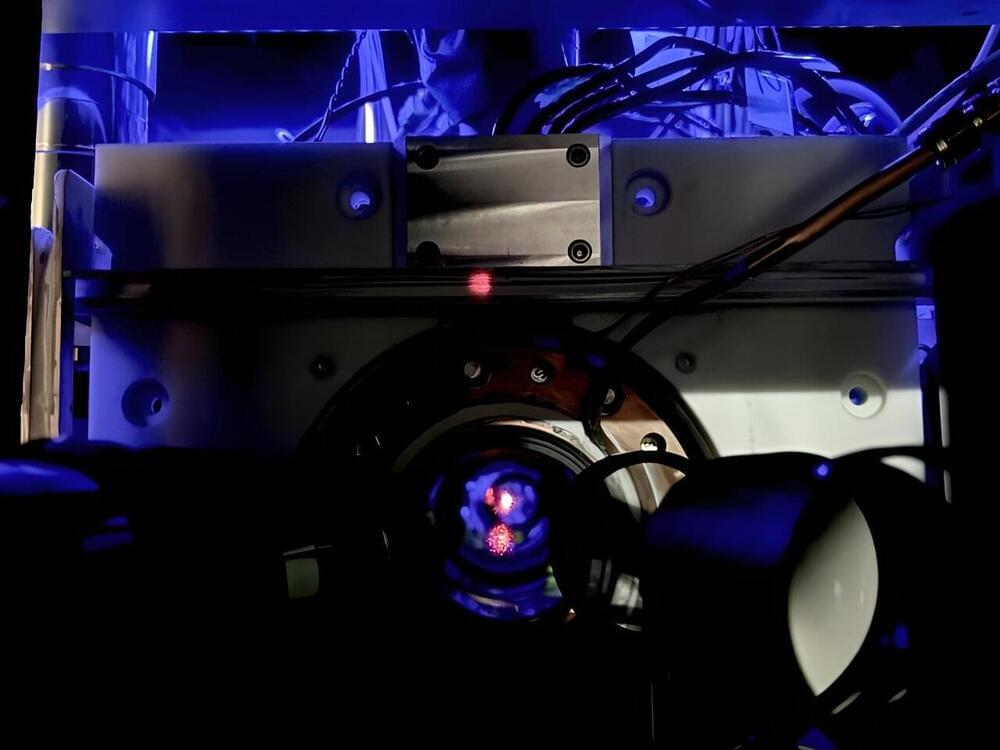
World’s most accurate and precise atomic clock pushes new frontiers in physics
In humankind’s ever-ticking pursuit of perfection, scientists have developed an atomic clock that is more precise and accurate than any clock previously created. The new clock was built by researchers at JILA, a joint institution of the National Institute of Standards and Technology (NIST) and the University of Colorado Boulder.
Enabling pinpoint navigation in the vast expanse of space as well as searches for new particles, this clock is the latest to transcend mere timekeeping. With their increased precision, these next-generation timekeepers could reveal hidden underground mineral deposits and test fundamental theories such as general relativity with unprecedented rigor.
For atomic-clock architects, it’s not just about building a better clock; it’s about unraveling the secrets of the universe and paving the way for technologies that will shape our world for generations to come.
CERN’s ATLAS experiment releases 65 TB of open data for research
The ATLAS Experiment at CERN has made two years’ worth of scientific data available to the public for research purposes. The data include recordings of proton–proton collisions from the Large Hadron Collider (LHC) at a collision energy of 13 TeV.
This is the first time that ATLAS has released data on this scale, and it marks a significant milestone in terms of public access and utilization of LHC data.
“Open access is a core value of CERN and the ATLAS Collaboration,” says Andreas Hoecker, ATLAS Spokesperson. “Since its beginning, ATLAS has strived to make its results fully accessible and reusable through open access archives such as arXiv and HepData. ATLAS has routinely released open data for educational purposes. Now, we’re taking it one step further—inviting everyone to explore the data that led to our discoveries.”
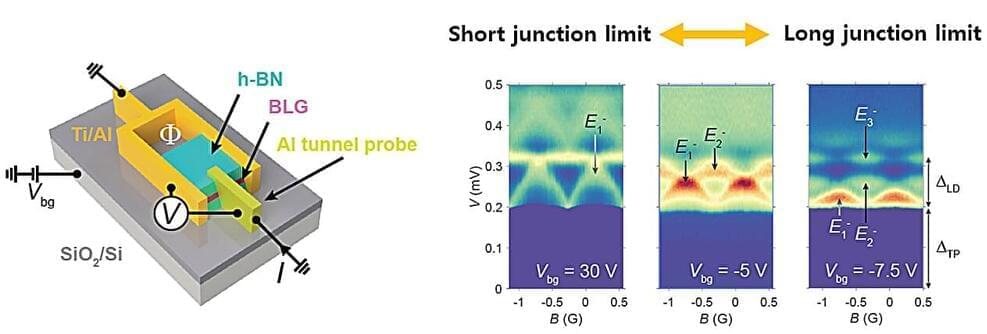
A new method to control quantum bound states in superconducting device
Researchers have successfully controlled the quantum mechanical properties of Andreev bound states in bilayer graphene-based Josephson junctions using gate voltage. Their research is published in Physical Review Letters. The research team includes Professors Gil-Ho Lee and Gil Young Cho from the Department of Physics at Pohang University of Science and Technology (POSTECH) in South Korea in collaboration with Dr. Kenji Watanabe and Dr. Takashi Taniguchi from National Institute for Materials Science (NIMS) in Japan.
Superconductors are materials that exhibit zero electrical resistance under specific conditions such as extremely low temperatures or high pressures. When a very thin normal conductor is placed between two superconductors, a supercurrent flows through the normal conductor due to the proximity effect where superconductivity extends into the normal conductor. This device is known as a Josephson junction.
Within the normal conductor, new quantum states called Andreev bound states are formed, which are crucial for mediating the supercurrent flow.
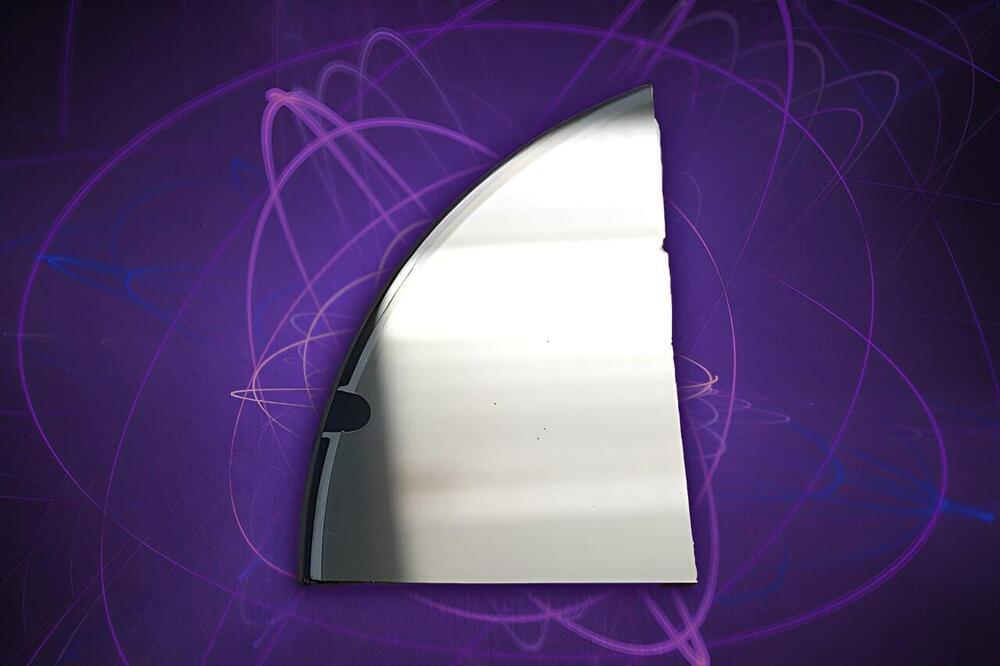
Scientists observe record-setting electron mobility in a new crystal film
A material with a high electron mobility is like a highway without traffic. Any electrons that flow into the material experience a commuter’s dream, breezing through without any obstacles or congestion to slow or scatter them off their path.
The higher a material’s electron mobility, the more efficient its electrical conductivity, and the less energy is lost or wasted as electrons zip through. Advanced materials that exhibit high electron mobility will be essential for more efficient and sustainable electronic devices that can do more work with less power.
Now, physicists at MIT, the Army Research Lab, and elsewhere have achieved a record-setting level of electron mobility in a thin film of ternary tetradymite—a class of mineral that is naturally found in deep hydrothermal deposits of gold and quartz.